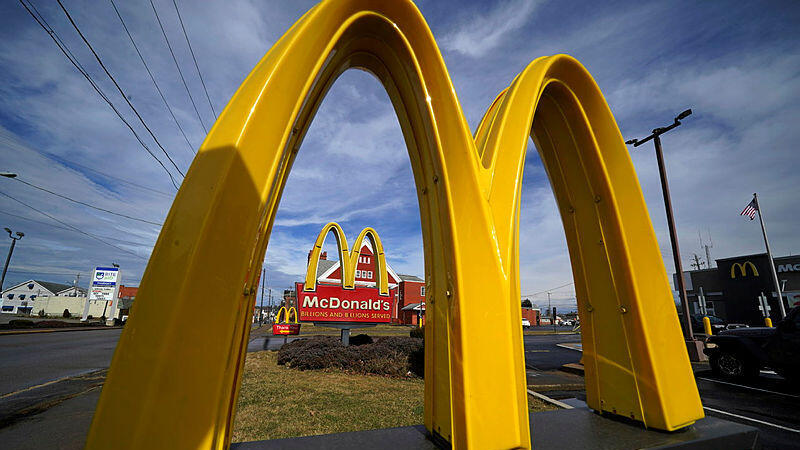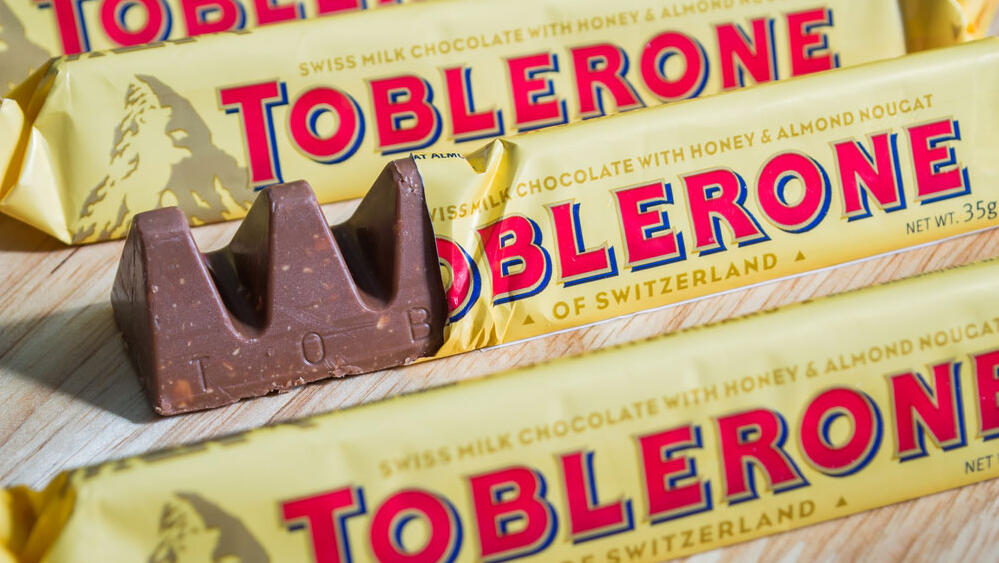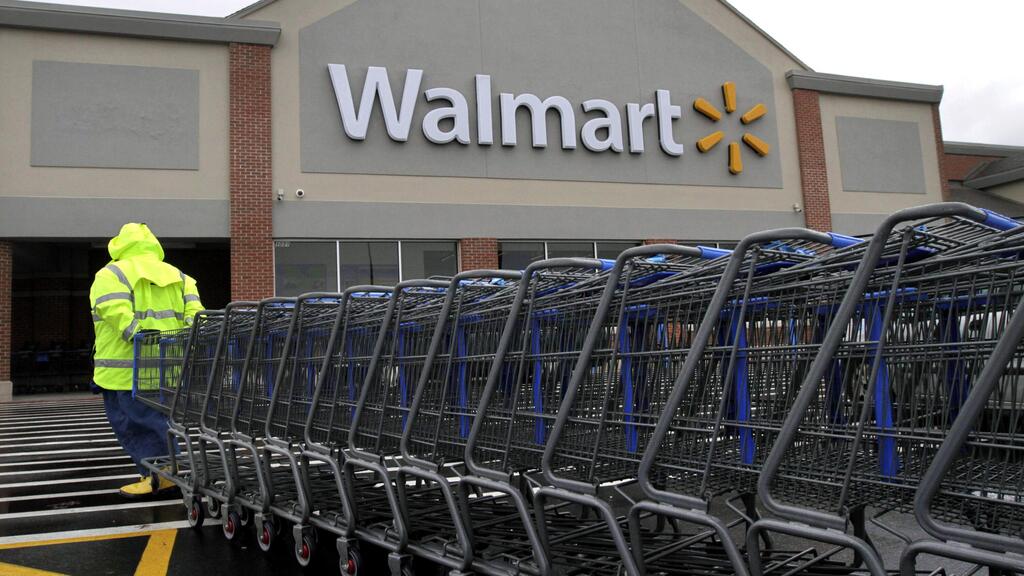McDonald's, the world's largest fast-food chain by number of locations, has become too expensive for low-income Americans. To draw customers back, the chain launched a $5 value meal in June, including a chicken sandwich or burger, four nuggets, small fries and a soft drink.
This month, the chain, which has over 40,000 locations worldwide, announced that the special offer, initially intended to be temporary, will remain on the menu. Other fast-food chains in the U.S., including Burger King, Wendy's and Taco Bell, have copied this tactic following a decline in demand.
The pressures on McDonald's profit margins are also being felt at its other locations worldwide, but not because of consumer frugality. Since the Hamas attack on October 7 and the ongoing conflict in Gaza, the chain, a prominent symbol of American consumer culture, has been boycotted in many Muslim-majority countries. These boycotts, combined with declining consumer confidence in the domestic market, are impacting revenue.
In the second quarter, for the first time since the COVID-19 pandemic, McDonald's reported a 1% drop in global sales due to weakened demand, especially in France, home to Europe's largest Muslim population. The chain also noted a 1.3% decline in sales in emerging markets, influenced by the Gaza conflict and deteriorating economic conditions in China, leading to reduced consumer demand. In the U.S. market, revenue dropped by 0.7%, despite price increases outside the promotional category. In Israel, McDonald's repurchased the 225 franchised locations following calls for a global boycott.
Fast-food chains join a long list of companies and brands that have reported a slowdown in demand in recent months, resulting from a decline in disposable income among American households, especially lower-income groups, after a prolonged period of rising living costs. Despite inflation decreasing – 3% in June compared to 3.3% in May and 3.7% in September – consumer frugality persists.
In Israel, McDonald's repurchased the 225 franchised locations following calls for a global boycott
This trend is also affecting the profit margins of leading food manufacturers. Mondelēz International, the giant candy and snack company behind Oreo, Toblerone and Milka, reported a 2.2% drop in second-quarter revenue compared to the same period last year and a 35% decline in net profit. This downturn occurred as consumers turned to cheaper alternatives, private labels.
General Mills also reported a decline in quarterly sales last month, warning of macroeconomic uncertainty that is changing consumer preferences and driving them to seek cheaper alternatives to popular brands. General Mills' prominent brands include Nature Valley, Pillsbury and Cheerios. To attract customers back from private labels, food companies are preparing to ramp up promotions and market smaller packages at lower prices.
This trend is not new but is gaining momentum. The rise of private labels comes after the COVID-19 pandemic disrupted years of growth for these products. During that time, consumers flocked to established and beloved brands as the federal government distributed grants to counter the pandemic's stagnation. According to a Food Industry Association survey, 65% of consumers reported preferring private labels due to their lower prices. As a result, leading chains are increasing investment in store brands. Walmart, the largest grocery chain in the U.S., which owns the Great Value brand, introduced a line of upgraded food products this year called Bettergoods, featuring many items priced under $5. German chain Aldi, where 90% of products are store brands, plans to open 800 more stores in the U.S. by 2028.
According to the Private Label Manufacturers Association (PLMA), food and beverage store brands helped increase the market share of private labels in the U.S. in the first half of 2024. Data collected by consumer behavior monitoring firm Circana revealed a record market share for private labels in the first six months of the year—22.9%. While private label sales grew 2.3% annually, more expensive national brands saw only a 1.1% increase.
Alongside reduced daily expenses and luxury cutbacks, U.S. household savings are declining from the peak reached during the COVID-19 pandemic. According to a Federal Reserve household survey published in late May, 54% of adult Americans have enough savings to cover three months of expenses if they lose their primary income source. This represents a slight decline from the previous year and a 5% drop from the 2021 peak. This trend spans all education levels and ethnic groups.
Goldman Sachs economists' data indicating an increased risk of the U.S. economy slipping into recession clouds the outlook for a possible correction in consumer trends. New estimates suggest that the likelihood of the world's largest economy entering a recession within 12 months has risen from 15% to 25%.
PepsiCo, another American cultural icon, is also feeling the dual blow of domestic consumption slowdown and boycotts in Muslim markets. In the U.S., many consumers have continued purchasing PepsiCo’s baked snacks, such as Doritos and Lay's, while cutting back on other expenses like dining out and travel. Now, according to PepsiCo, they are even forgoing snacks, with Frito-Lay North America reporting a 4% drop in sales last quarter. On the boycott front, kiosk and store owners in Egypt report a sharp decline in sales of Coca-Cola and PepsiCo soft drinks. Other American brands suffering from the boycott include Ariel, Persil and Cadbury (owned by Mondelēz).
Starbucks, another giant, is also feeling the heat from all fronts. In addition to a drop in global activity due to pro-Palestinian boycotts, U.S. consumers are growing tired of paying $6 for a cup of iced coffee or lemonade. While global sales fell 3% in the second quarter, North America saw a 2% drop, marking the second consecutive quarterly decline.
The frugality trend among American consumers extends beyond fast food, coffee and snacks. Polaris, a manufacturer of recreational vehicles and off-road equipment, including boats and ATVs, reported a 49% decline in first-quarter revenue. Appliance manufacturer Whirlpool also reported decreased demand for refrigerators and dishwashers, as consumers now prefer to repair rather than replace appliances.
French luxury giant LVMH is also feeling the impact of the consumption slowdown in the U.S. In March, the company reported a 12% drop in U.S. sales compared to the same period last year, after high-interest rates and inflation eroded the purchasing power of higher-income groups. "The situation is not pleasant," said LVMH CFO Jean-Jacques Guiony in a recent call with analysts. "Some brands, especially in the U.S., are paying the price for this situation," he concluded.




